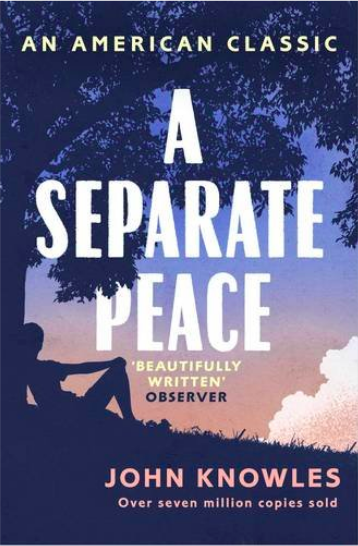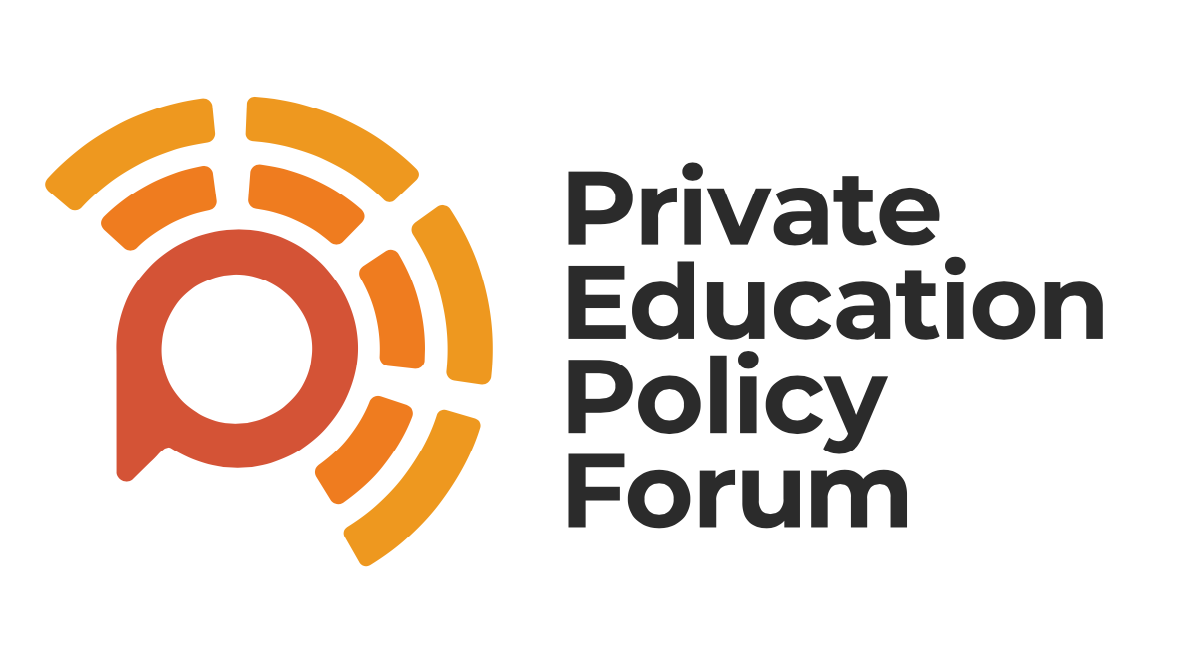Author:
John Knowles
Reviewed by:
Mike Grenier

I had never heard of A Separate Peace by John Knowles when I saw it on the list of prose texts for English Literature GCSE.
I have always tried to pick out texts that are not overly resourced on the internet for fear that the students I am teaching will head lazily to a website and end up losing their original and personal response.
A Separate Peace, first published in 1959, seemed to hit the spot.
And then I stopped when I looked at the synopsis: set in a boys’ boarding school in New England during the early years of WW2, I asked myself whether this would be a piece of narrow-minded navel gazing.
I bought a copy and set about reading it in July, planning to change text if it turned out to be a turkey.
It wasn’t, and I will set out to explain why I found it both intellectually stimulating and also a wonderful catalyst for important discussions – the sort of which can never get you marks in an examination but which may actually change the way you see the world or think about yourself.
In most fictional accounts, schools and classrooms are either run by “fire extinguishers”- autocrats, control freaks, bullies, cowards, sociopaths- or by “fire lighters”, kindling the talents in the downtrodden or supporting the individual talents of pupils in the face of the extinguishers.
The students themselves usually fall into the categories of upholders of the corrupt system, victims of the corrupt system or fearless rebels, perhaps most famously as depicted by Lindsay Anderson in his 1968 film satirising English public school life If…, in which said rebels rain down grenades and bullets from the chapel roof onto the parents, staff and stool pigeon students below.
In these microcosms, authors and directors can construct powerful statements about political systems, about inequalities, about ideological clashes and explore cultural ideas of power, authority, freedom and justice.
On a different plane, these narratives can also consider ideas of psychological, emotional and sexual development, and in boarding schools there is a particularly powerful opportunity to explore the ideas of arrested development and the damage done by limiting the normal evolution of familial attachment.
The full range of emotional narratives can be painted: boarding school as escape from a loveless home (Hogwarts in J K Rowling’s Harry Potter books) to boarding school as a prison of utmost cruelty (Dotheboys Hall in Charles Dickens’ Nicholas Nickleby).
In A Separate Peace we have a world largely uninhabited by teachers and adults, which makes it especially powerful. With neither “extinguishers” nor “lighters” we are presented with a world that has echoes of William Golding’s Lord of the Flies.
There are similarities in the setting to Dead Poets Society, Peter Weir’s 1989 film which explores the hopes, fears and crises of a group of boarding school boys whose minor rebellion against conservative school and family values is fuelled by the liberal teaching of Frank Keating, played by Robin Williams.
Keating is a complicated character: he was once a minor rebel himself during his time as a student, finding kindred spirits in the counter-culture of poets such as Walt Whitman and the Romantics, but rather like Wordsworth his revolutionary zeal seems to have diminished.
Stirring up privileged teenagers at his old school is not going to change the world and picking quarrels with corduroy-encrusted colleagues seems almost Quixotic. If he is lighting a fire, it is a small one but the film is a sentimental one and the small bowl of the boarding school gives actions a disproportionate resonance.
By contrast, what makes A Separate Peace so interesting is the fact that the fires are lit by the students and their adolescent view of the world – as well as their limited experiences at a time of international crisis with America just joining war after Pearl Harbor – create a powerful expose of American values.
Returning to his alma mater Devon College, a school that is “both scholarly and very athletic”, our narrator Gene reviews events with nostalgia and with inevitable bias.
At the heart of the story is his relationship with the Gatsbyesque Phineas and there are distinct similarities between Gene and Nick Carraway, the narrator of Scott Fitzgerald’s classic.
Socially awkward and capable of appalling self-delusion, he acts as the typical unreliable narrator. He tries to rewrite history and to use memory to construct a narrative that removes all personal responsibility from some terrible actions.
One of the criticisms often levelled at those damaged by the emotional detachment created by boarding school life is that their relationship with ideas of reputation, honesty and a code of honour has been corrupted.
The conservative vision of a boarding school is that it instils some sort of classical code of conduct, and Devon is defined as a sort of reinvention of the Platonic Academy.
But just as Hal learns from hanging out with Falstaff in the Boar’s Head Tavern during Act 5 of Shakespeare’s Henry IV, “honour is a mere scutcheon”- these tales of chivalric codes and noblesse oblige are just forms of propaganda and empty rhetoric.
Deep down the darker arts of envy, cowardice, greed and self-interest rage and the novel portrays these brilliantly in the character of Gene. Outshone by Phineas’s charm and charisma, he has to resort to a series of selfish and vindictive acts to attempt to win at all costs.
As a reader, we find ourselves considering how political systems and institutions delude themselves, and how individuals seek success and glory even if it means betraying friendships and going against the values that the school environment claims to nurture.
Thus, the boarding school world is used as a powerful analogy for society at large, similar to the dark world of loyalty and omerta that filmmaker Martin Scorsese has explored throughout his career.
And there are a number of pertinent contemporary reasons to explore the human behaviour exposed in the novel: Donald Trump, George W. Bush and Boris Johnson all attended all-boys boarding schools.
There may be readers who, if they wish, can see art mirroring life.
Mike Grenier is an English teacher, house master and co-director of professional development at Eton College. He studied at the University of Oxford and has a Postgraduate Diploma in Education from Edge Hill University. He is also a governor at Horris Hill School and in 2012 co-founded ‘Slow Education’.



